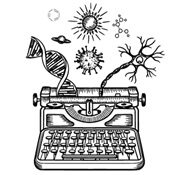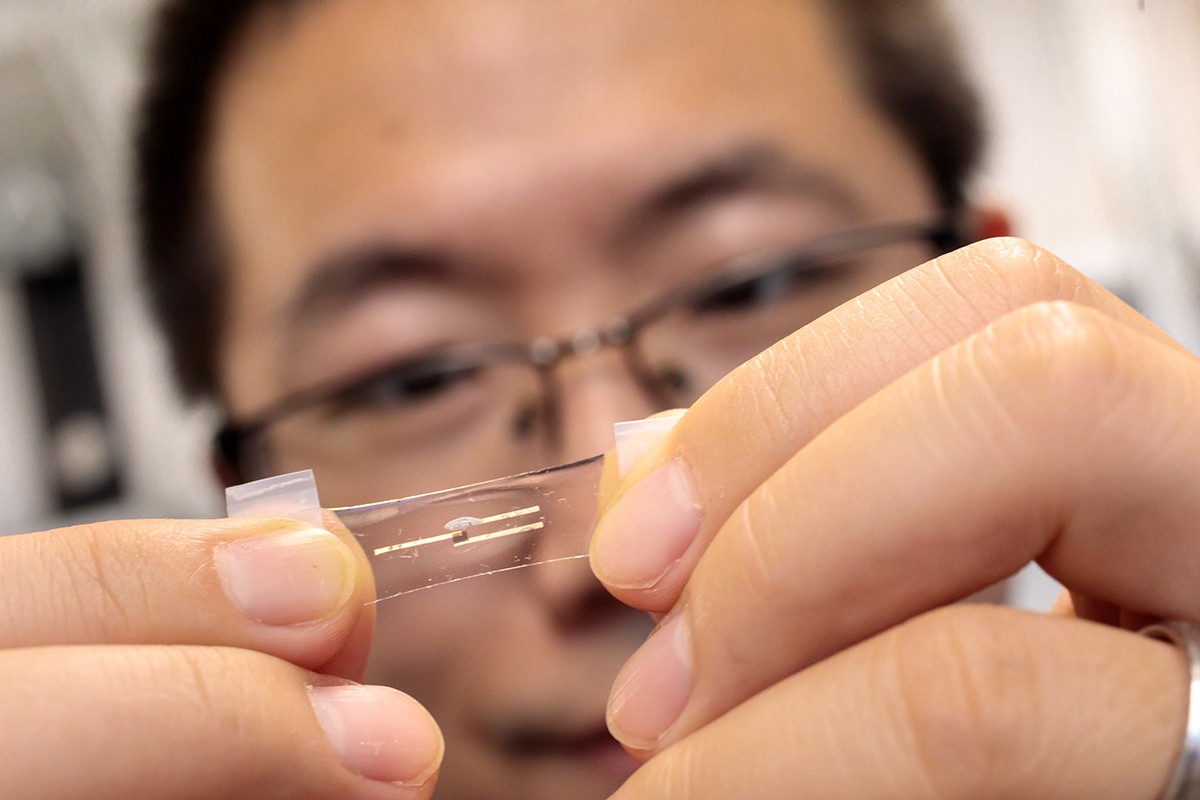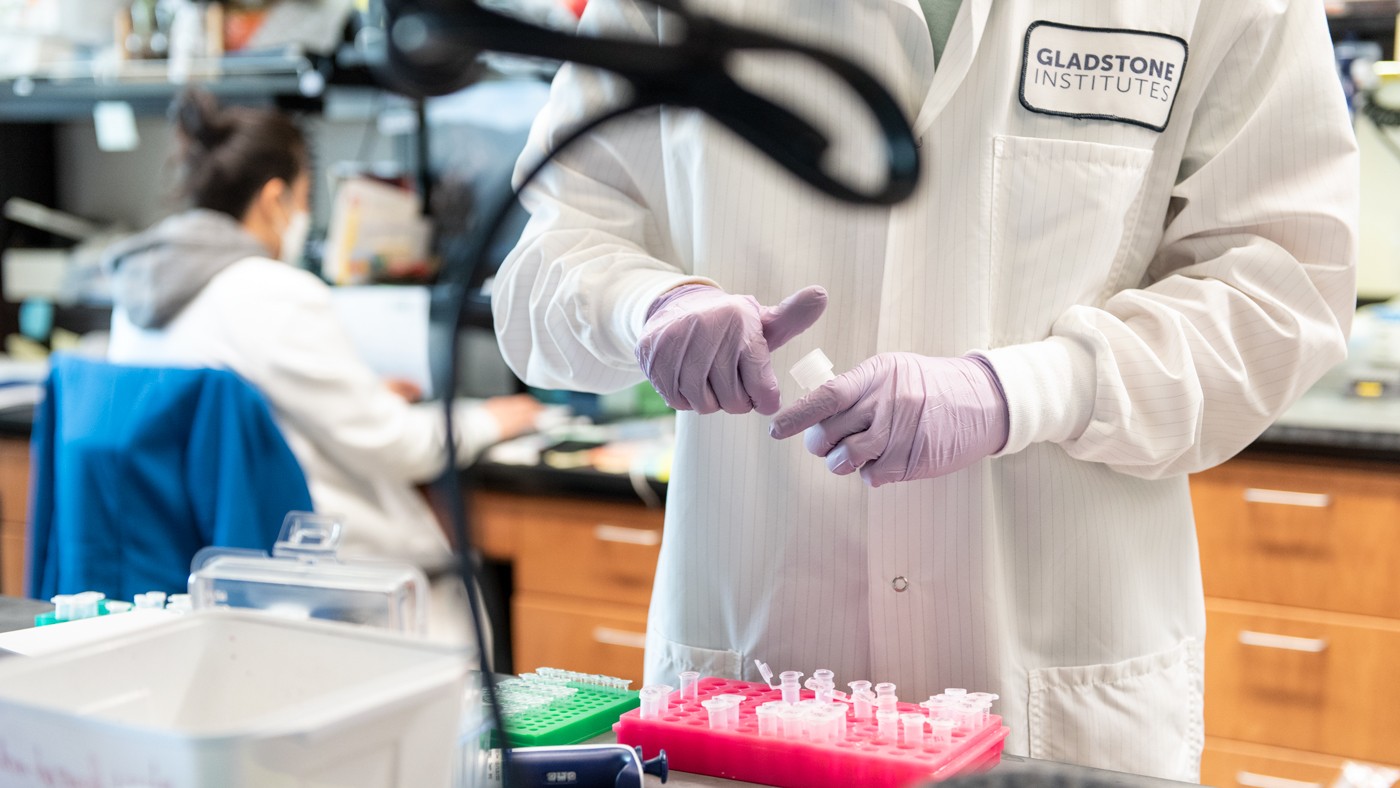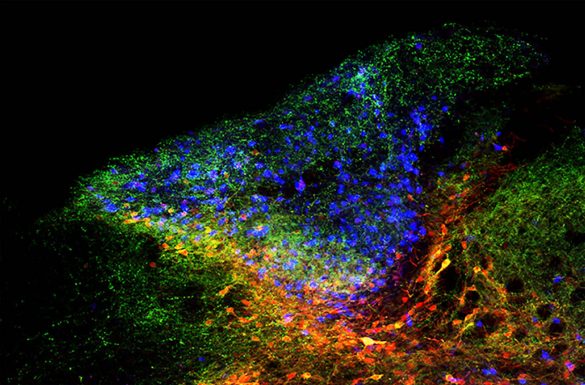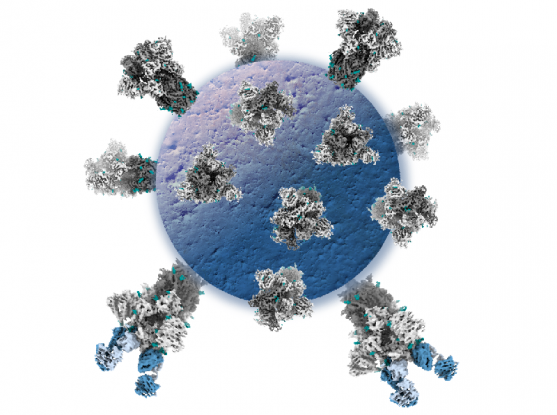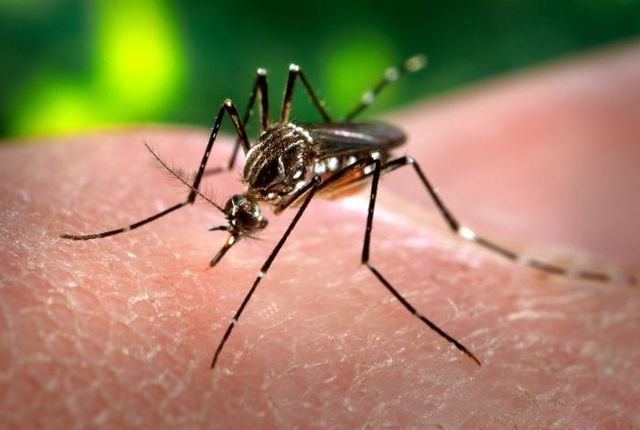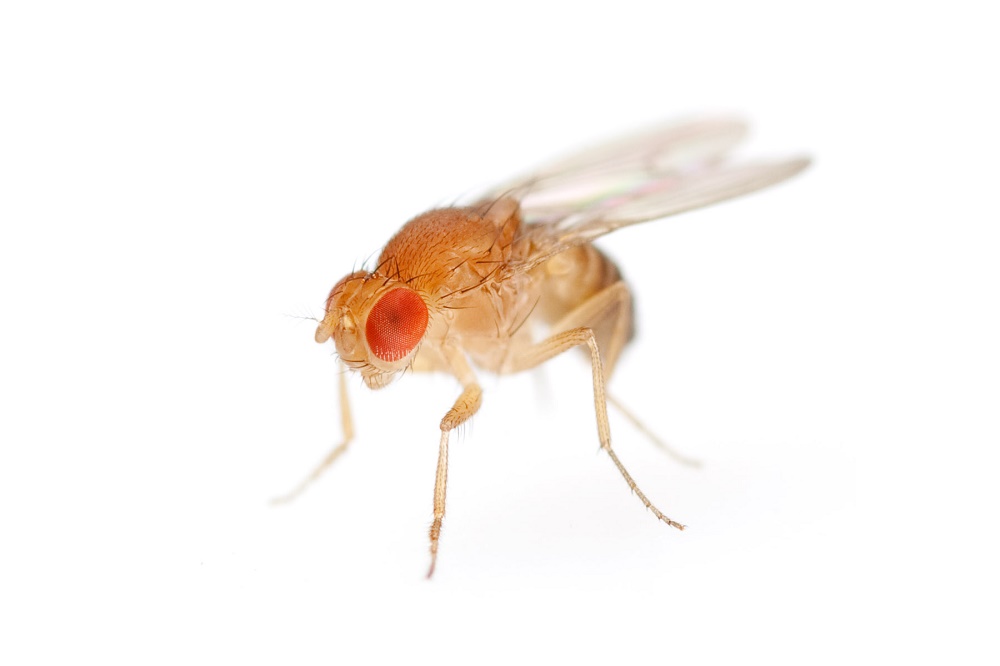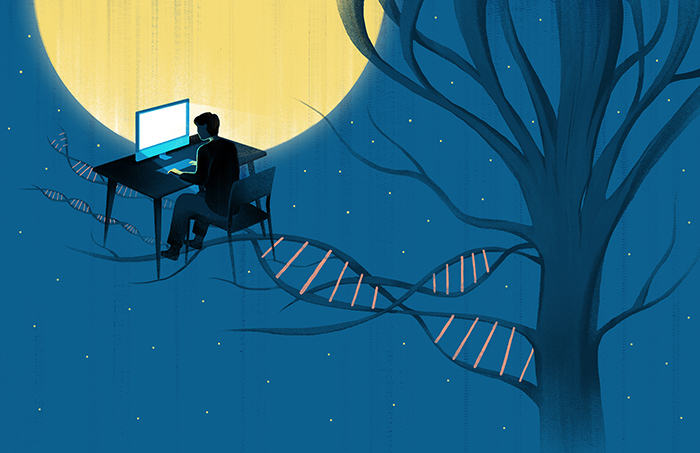Stretchy computing device feels like skin—but works like a brain
U Chicago PME / August 4, 2022/ It’s a brainy Band-Aid, a smart watch without the watch, and a leap forward for wearable health technologies. Researchers at the University of Chicago’s Pritzker School of Molecular Engineering (PME) have developed a flexible, stretchable computing chip that processes information by mimicking the human brain. The device, described in …
